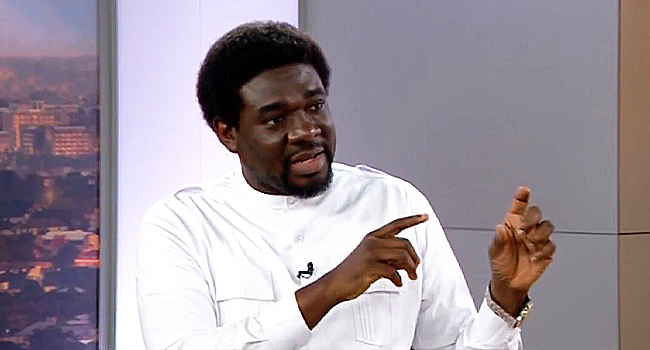The Trade Union Congress of Nigeria (TUC) has announced that it will not participate in the forthcoming protest against economic hardship, scheduled for August 1.
The TUC clarified that it has not been contacted by the organizers of the demonstration, who remain unidentified.
Comrade Festus Osifo, President of the TUC, made this statement during a press conference in Abuja. Osifo emphasised that the Congress had not been approached for collaboration and, as such, was not involved in the protest’s planning.
Osifo urged the Inspector General of Police (IGP) to ensure that the protest does not devolve into chaos or be exploited by individuals with ulterior motives. He stressed that maintaining public order and providing security for protesters is the responsibility of the Nigeria Police Force, in accordance with both the Constitution and Police Act.
He remarked, “Organizing a protest involves detailed planning and communication. To date, we have not been contacted by anyone regarding this protest, nor have we been asked to collaborate. Our internal processes involve convening meetings to review such matters, but no such meetings have occurred for this protest.”
On the ongoing dispute between Dangote and other stakeholders in the petroleum industry, Osifo advised President Bola Tinubu to urgently address the situation to prevent investor confidence from diminishing. He urged an end to the public disputes and called for a collaborative approach to resolving the issues.
Osifo stated, “Dangote’s investment has significantly impacted Nigeria. It is crucial for all parties to come together and resolve their differences. Public disputes and negative rhetoric can deter investment. The President should mediate and ensure a resolution to these conflicts to foster a more investment-friendly environment.”
Regarding the recent decision to set the minimum wage at N70,000, Osifo explained that the figure was determined after extensive negotiations and consideration of economic data.
Although the organized labour initially sought a living wage of N615,000, they had to compromise due to resistance from state governments.
Osifo noted that despite aiming for a higher wage, the agreed N70,000 represents a 92 percent achievement of their target, reflecting a 133 percent increase from the previous minimum wage established in 2019.
